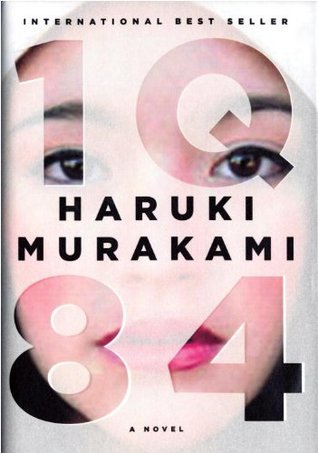cherold reviewed 1Q84 by Haruki Murakami
Review of '1Q84' on 'Goodreads'
3 stars
1Q84 begins as an intriguing and fanciful story about a woman whose impromptu decision leads her to a world that is not quite her own; a world with strange, supernatural features around the edges.
I like the central story, but that story is told in a way that is often off-putting, full of tedious repetition and digression.
How repetitive is this book? There are multiple times where we watch a character go through a particular series of events, followed promptly by a section just as long in which that characters thinks about those events and there are redescribed in as much detail as was given the first time. In these repeats, we do not generally learn new information or see how characters reinterpret and expand on events; we just get the same story told a second time.
The book also loves extraneous detail. Characters often tedious muse about the past or the present or about trivial occurrences. I found myself skimming quite a bit of the book, although while most times these digressions never connected with the story, sometimes they actually did, which meant you could never skim in perfect safety.
The characters are fairly likable although I didn't end the book caring more than a little about any of them. In part, this is because I couldn't quite believe in them. This is particularly true of the women; according to the author, most women spend a huge amount of time thinking about their breasts and other women's breasts, and I'm just not convinced that's true.
Still, 1Q84 creates a nice amount of intrigue and mystery. Unfortunately, the author gets lazy about it. After building up the mystery for the half the book, many of the central puzzles are explained by a supernatural character who just says, okay, here's what's going on. While it was a relief to get an explanation, an info dump from an all-knowing prophet seemed like a cheap payoff.
The author also drags his heels mightily on getting to the end of the book, as you constantly feel things are about to reach a turning point they never seem to get to.
My overall impression is the author thought it would be neat to write a really, really long novel but didn't actually have much to say. I would much have preferred to read a Reader's Digest version of this that cut it down by about 70%. I think you could do that without losing a single important thing.
I didn't hate it, it has its moments, it did keep me curious, but I can't heartily recommend it, even if I wouldn't go as far as warning people away.

